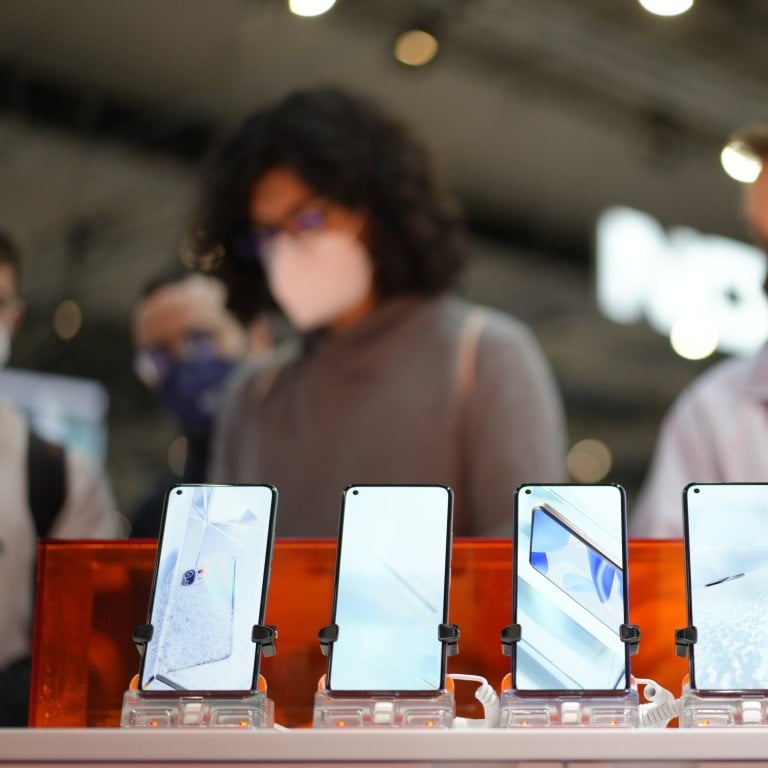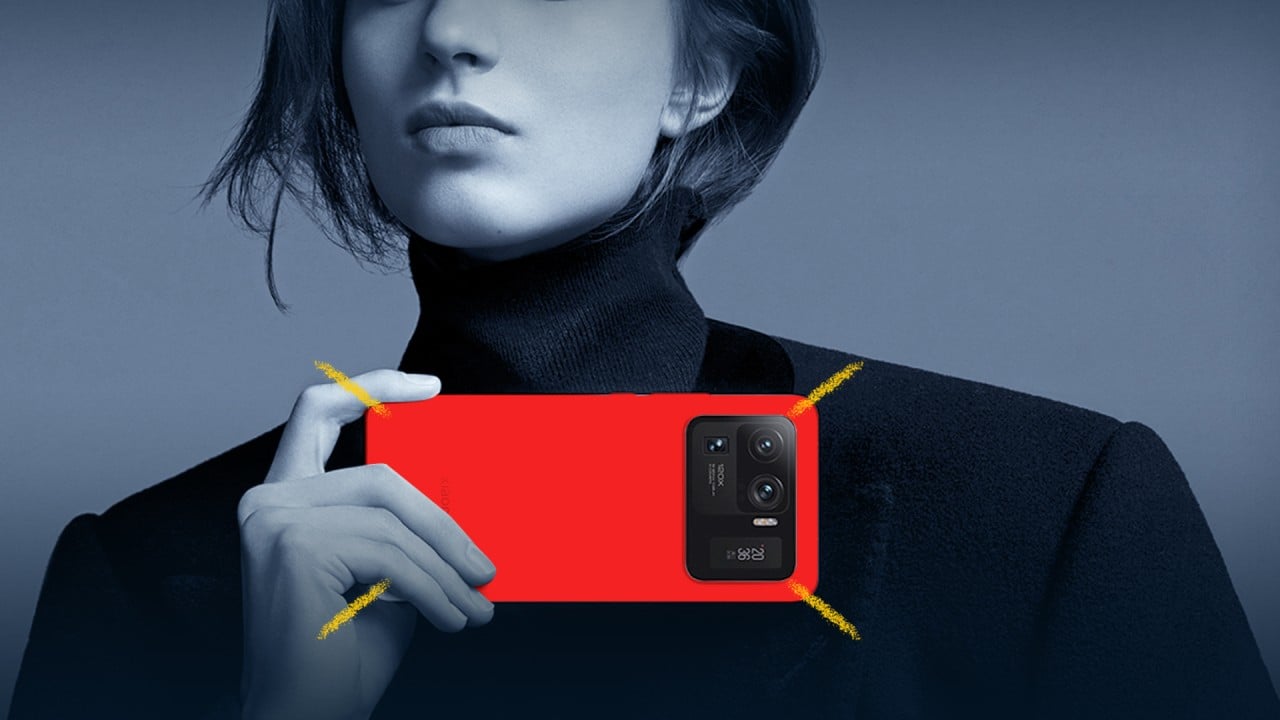
Chinese smartphone brands gain market share in Russia with Xiaomi gaining top spot displacing Samsung
- Xiaomi and Realme take the top two spots in the Russian market as sales of Chinese phones rise 42 per cent by volume
- Samsung and Apple, ranked first and third respectively last year, slipped to the third and fourth positions in the first quarter
Chinese smartphone brands continued to gain market share in Russia filling the gap left by Western brands, that withdrew following Russia’s invasion of Ukraine, according to local retailer M. Video-Eldorado Group.
Chinese smartphone makers’ sales rose 42 per cent by volume, expanding their market share to 70 per cent from 50 per cent. They now occupy the top two spots in the market. with Xiaomi ranked No. 1, up from second position last year, and Realme, ranked No. 2, up from fourth spot in 2022.
In the first quarter Russian consumers bought more than 6.5 million devices, a figure comparable to last year. But the average purchase price fell 23 per cent from last year to about 22,000 rubles.
Samsung and Apple, which were ranked first and third respectively last year, slipped to the third and fourth positions in the first quarter. Chinese manufacturer Tecno took fifth place as the fastest growing brand among the top players, said the report from the Moscow-based consumer electronics giant.
Chinese smartphone brands are rushing into the Russian market after the retreat of Samsung and Apple which pulled out last March in response to the Russian invasion of Ukraine. In March 2022, Samsung and Apple together accounted for 57 per cent of the Russian smartphone market, but a month later that figure fell to 34 per cent amid dwindling inventories, according to a report from Counterpoint Research.
However, consumers were still able to purchase iPhone and Galaxy models after Moscow legalised parallel imports – shipping via non-official channels – last March. Major Russian retailers including M. Video began selling Apple and Samsung devices imported from Kazakhstan last May, according to Counterpoint.
Russia, which is still mired in the conflict with Ukraine, has faced sanctions from Western governments and is facing boycotts from a large number of global companies. China, however, has pledged to continue doing business with Russia and in fact has been forging closer business ties.
In 2022, trade between China and Russia rose 34.3 per cent to a peak of 1.28 trillion yuan (US$189.5 billion), and the two countries have jointly set a trade goal of US$200 billion by 2024.
But this growing proximity comes at a cost, as Chinese companies are facing increased scrutiny over their businesses in Russia. Last week, Ukraine’s anti-corruption watchdog put Xiaomi, its founder and CEO Lei Jun, as well as a dozen other company executives on its list of “international war sponsors”. Xiaomi has denied supporting any war actions.


